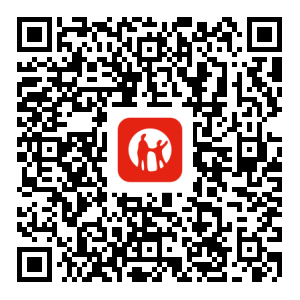Applicants
All about admission Grants Rector's Grants - Anti-Olympic Cost of education Discounts and benefits Did not score 50 UNT points Admission without UNTInteresting
Words of encouragement ACCA International Program Accommodation and dormitories Campus Tour International studying METU CoursesEducational programs
College Bachelor's degree Master's degree Doctoral candidacy Second higher education Distance LearningPay for tuition
